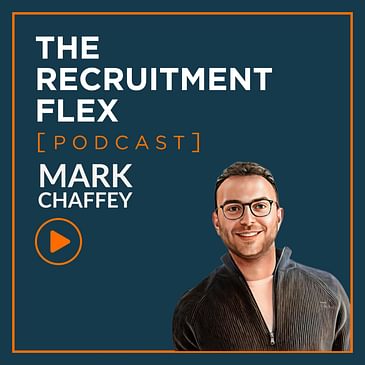This week on TRF we welcome Mark Chaffey CEO Hackajob
- Every company is a tech firm.
- Based in London and New York, Mark along with his co-founder spent the last 10 years building a 2 way marketplace specifically for engineering talent.
- Their laser focus on their audience and to provide a first class experience that includes a human Talent Success Manager to coach the candidate has paid off.
- Building the skills taxonomy was essential and using Ai to do it.
- Their own growth from 75 to 150 employees in one year, Mark talks about his ‘Swiss Army Knife’ and their internal TA tech stack
- Breaking into the US for Hackajob it was a serendipitous chain of events


